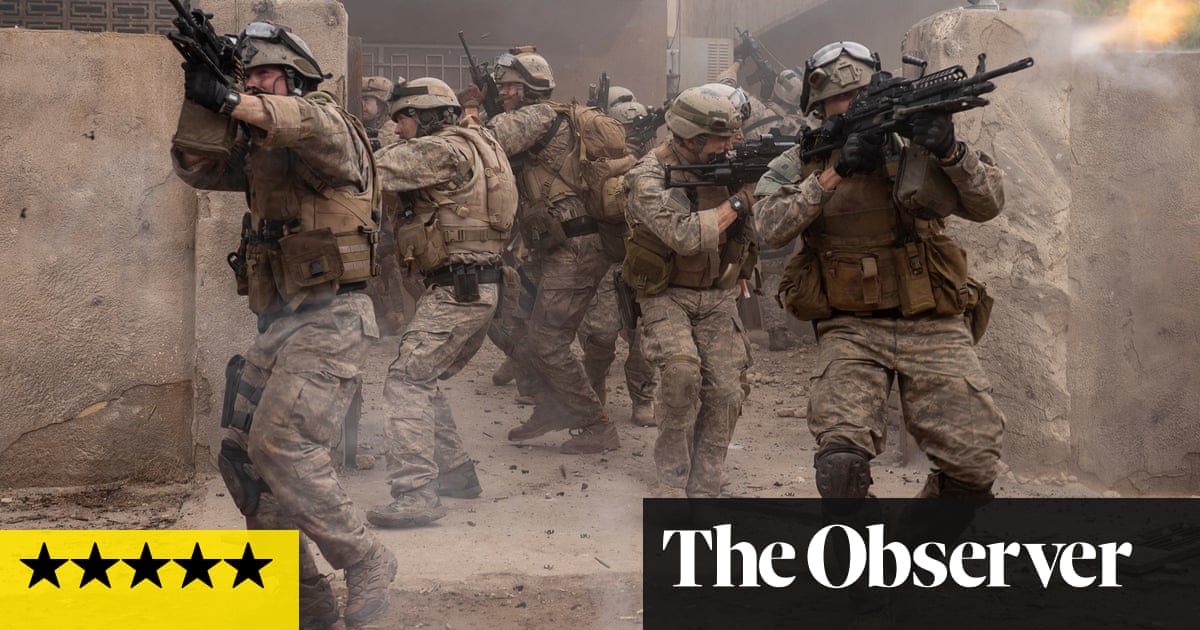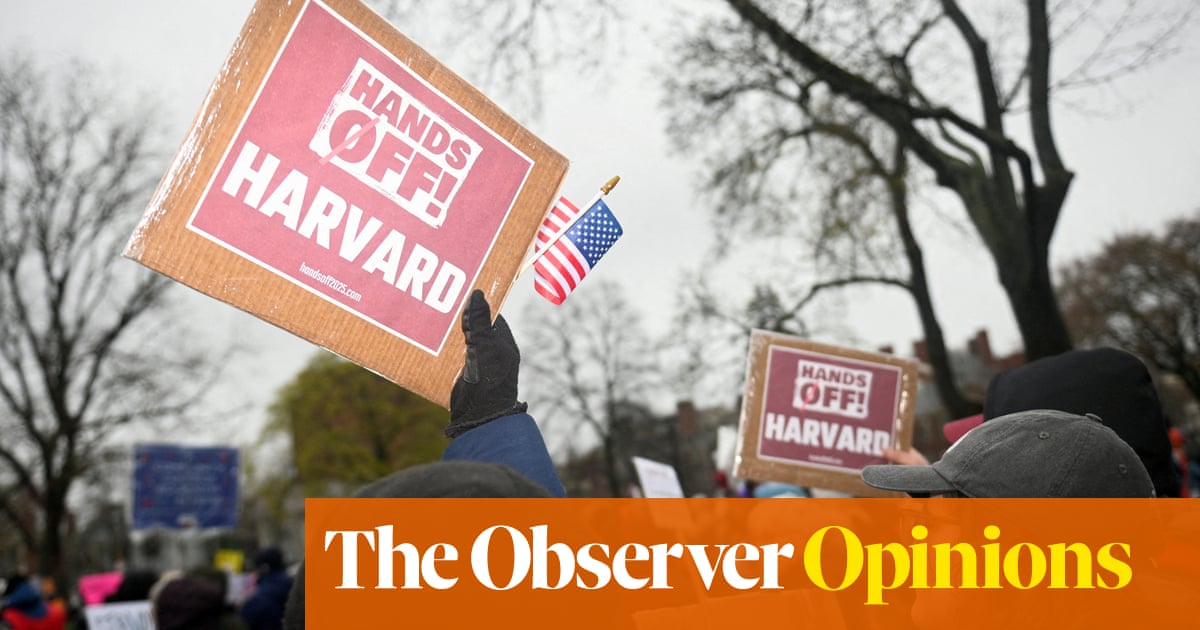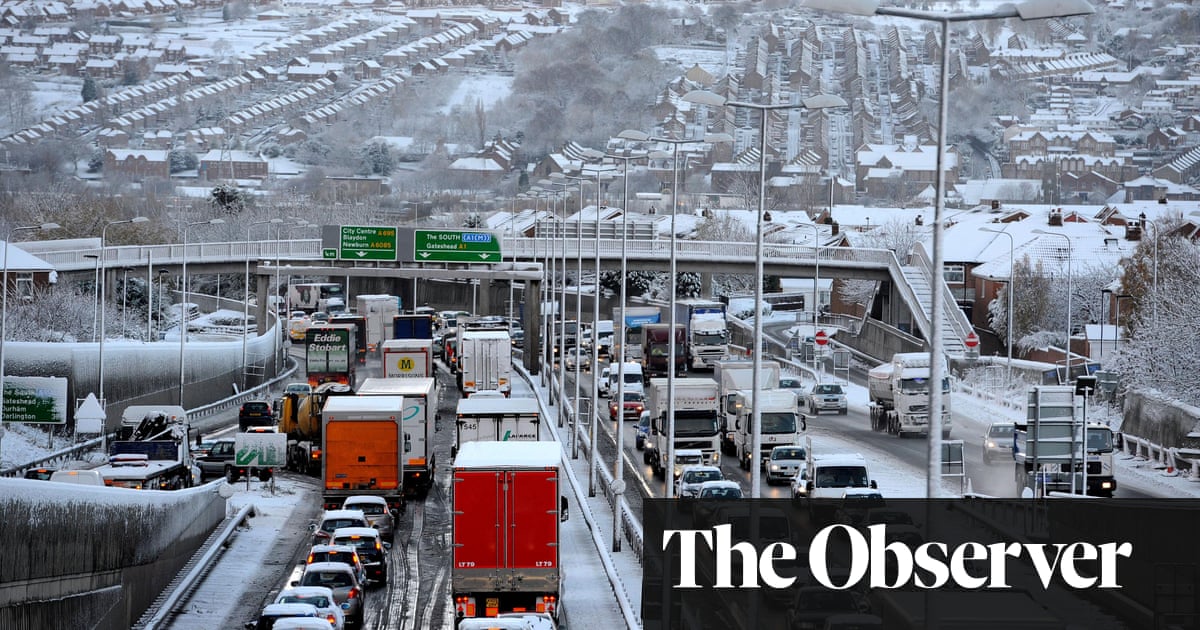Teaching in Burkina Faso is a dangerous commitment. Thousands of schools are closed and teachers forced out of the profession because of the risks they face, mostly from Islamist militants attacking schools.
Jihadist violence first broke out in 2015 but the conflict has intensified in the past few years, driven by militants who have seized up to 40% of the country. It is estimated that as many as 6.3 million people – a quarter of the population – were in need of humanitarian aid in 2024, with the country named as the world’s most neglected displacement crisis for the second year in a row.
There were more than 270 attacks on schools in 2022-23, and a fifth of them are now closed. Armed groups control almost half the country, according to the civilian violence monitor Acaps.
One teacher, whose identity and location cannot be revealed, tells the Guardian why they continue to teach, despite having experienced the violence first-hand.
“While I was held captive, the militants barked questions at me: ‘where did I come from; where was I going; and why do I still teach?’
“These armed men, who besieged the town where I work in northern Burkina Faso, had ordered our school to close. They did not realise that, for me, teaching is not just a job but a mission – that is why I continue.
“Many of my colleagues have not continued, because we live in one of the most dangerous parts of the world to be a teacher, in conditions where the militants make the lives of residents almost unbearable. In 2023, nearly a quarter of our schools were closed because of violence.
“I was taken captive while travelling to help with examinations at another school 60km away. I had fretted about the journey beforehand, failing to sleep and originally deciding against it because I knew the road was too dangerous.
“Usually, when we have to travel to the area of our school, like we do when we return to our home villages in the summer, we are taken by helicopter. But I had a relative nearby so decided to take the risk.
“The militants held me for days alongside other travellers, only releasing us after demanding we tell everyone in our area to leave and for the school to close down. But I did not abandon my school.

“Since 2016, my country has suffered some of the worst attacks on education anywhere in the world. Militias kill, rape and kidnap. More than 26,000 people have been killed across the country. It is often described as the world’s most neglected crisis.
“After first starting work, I saw only a year of a healthy environment for teaching. In 2018, the fighters began to arrive, slowly taking over the surrounding areas. They originally focused on the police and military but, as they gained more control, turned to others with local influence – mayors, local chiefs and eventually, teachers.
after newsletter promotion
“We would turn up to school and find notes threatening us to leave, or books on fire. At one point, for several weeks our students and teachers struggled to access the school because of a roadblock set up by the fighters.

“They would damage roads, electricity supplies and phone networks to make it impossible to work. For many of my colleagues, these methods worked and they gave up.
“But I have continued. I am a supervisor but I also teach because there is no money to incentivise volunteers, let alone hire enough teachers – especially those willing to persevere under these conditions.
“The siege by the militants makes life more costly. There is little food in the market and our traditional meals made from millet and beans can cost about 7,000 francs [£8.90] – more than four times what they used to. The farmers and herders cannot work and the parents of our students cannot afford food, let alone school fees, so our students are often hungry.
“The authorities considered closing schools in our area because of the security risk but we have said we will continue, as long as we can be helped to travel to work and our children are given food assistance.
“We will always care for the future of these poor children – they will build the future of our dear nation.”

 3 months ago
59
3 months ago
59













































